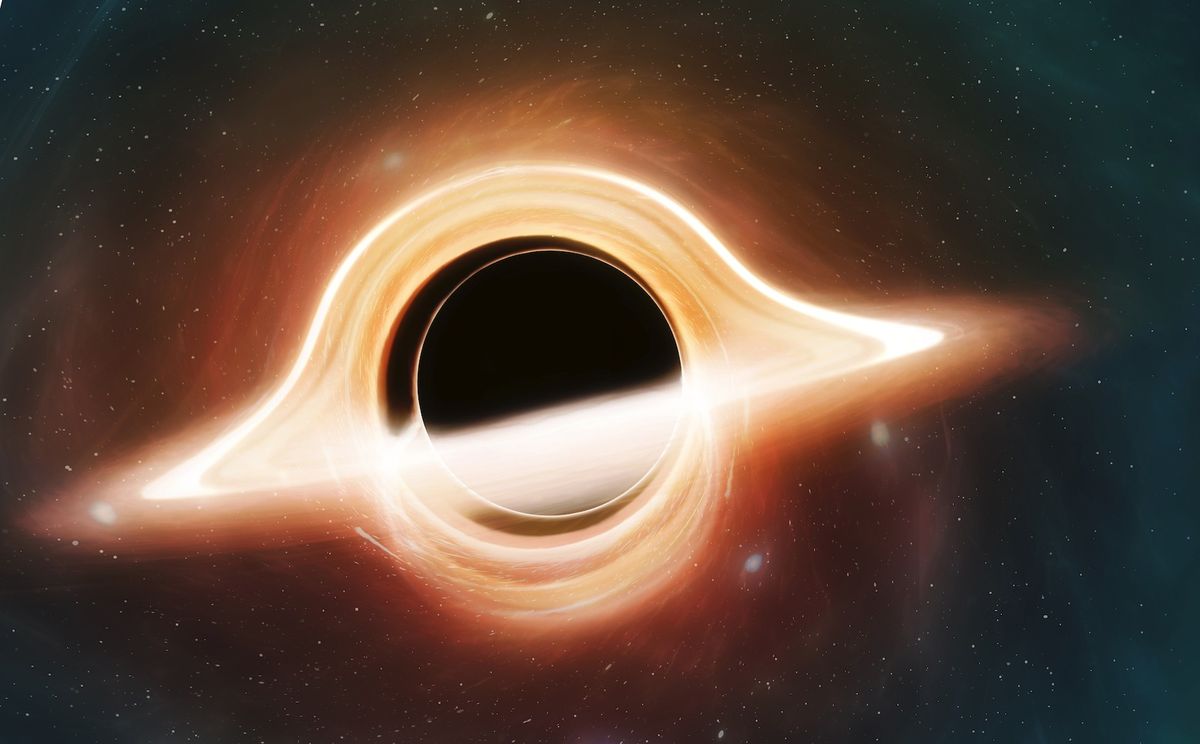What are Black Holes?
Black holes are among the most mysterious and fascinating objects in the universe. They are regions of spacetime where gravity is so strong that nothing, not even light, can escape. This intense gravitational pull is caused by an incredibly dense concentration of matter in a tiny space.
Formation of Black Holes
Black holes are believed to form in two primary ways:
- Stellar Black Holes: These arise from the collapse of massive stars at the end of their lifespans. When a star runs out of fuel, its core collapses under its own gravity, creating a black hole.
- Supermassive Black Holes: These are found at the centers of galaxies and are millions or even billions of times more massive than the Sun. Their formation is less well understood, but it is thought that they may have formed from the collapse of massive gas clouds or the merging of smaller black holes.
Properties of Black Holes
Black holes have several key properties:
- Event Horizon: This is the boundary beyond which nothing can escape.
- Singularity: At the center of a black hole is a point of infinite density and curvature of spacetime.
- Mass: Black holes have a mass, which determines their gravitational pull.
- Spin: Many black holes are believed to rotate.
- Electric Charge: Some black holes may have an electric charge.
Observing Black Holes
While black holes themselves are invisible, their presence can be inferred through their effects on surrounding matter. Astronomers can observe:
- X-ray emissions: Gas and dust falling into a black hole can become superheated and emit X-rays.
- Gravitational lensing: The intense gravity of a black hole can bend the light of distant objects, creating distorted images.
- Accretion disks: Material swirling around a black hole can form a disk that emits radiation across a wide range of wavelengths.
The Future of Black Hole Research
Black holes continue to be a subject of intense scientific study. Future research may help us to better understand their formation, properties, and role in the evolution of the universe. Additionally, the study of black holes may lead to breakthroughs in our understanding of gravity and the nature of spacetime.
